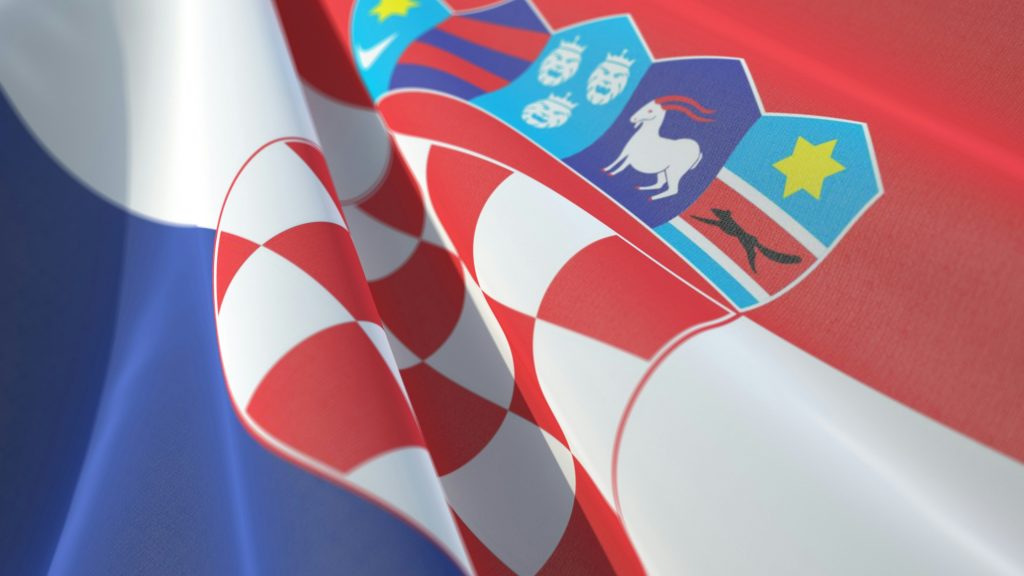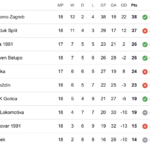January the 2nd, 2025 – Some very significant Croatian law changes are set to shape 2025. Here’s an overview as we look ahead to a likely rather tumultuous year.
As Index vijesti/news writes, with the beginning of the very first day of the new year, several new Croatian laws entered into force. Those laws span multiple areas; construction and spatial planning, social welfare, the status of foreigners, and environmental protection. In addition, we can’t bypass the (deeply) unpopular new rules for renting out apartments and to charging for those thin plastic bags that are mainly used to carry fruit and vegetables.
With the entry into force of amended tax regulations in the field of income tax, contributions, VAT, local taxes, and the general tax law, a new tax reform began at the beginning of 2025. The most important part of this reform is the introduction of the dreaded property tax. Some of it also relates to the application of new income tax rates, new amounts of personal deductions, a new method of taxation of private renters, and a new threshold for entering and exiting the VAT system.
Let’s look at what is ahead of us as far as Croatian law changes in 2025.
the building management and maintenance act
On January the 1st, 2025, the provisions of the Building Management and Maintenance Act will entered into force. These Croatian law changes for 2025 introduce new rules for the short-term rental of apartments and fines for construction work that disrupts the statics of buildings, for closing balconies, and installing devices on the street-side facade of buildings.
Owners who want to rent out their apartments for short-term or multiple-person rentals will have to obtain the consent of two-thirds of the co-owners. That includes the consent of their immediate neighbours. People who already rent out their apartments in this way will have to obtain this consent within five years, or by the end of 2029, if they want to stay in business.
The law stipulates that a multi-person rental is considered a rental to at least five or more adults who aren’t related by blood.
The law also introduces the concept of an association of co-owners and the accompanying Register of Community of Co-owners. That association will have a legal personality and its own OIB, which should significantly speed up administrative and judicial procedures and make it easier for buildings to apply for funds. Those funds might apply to things like facade renovations, energy renovations, the installation of solar power panels and so on.
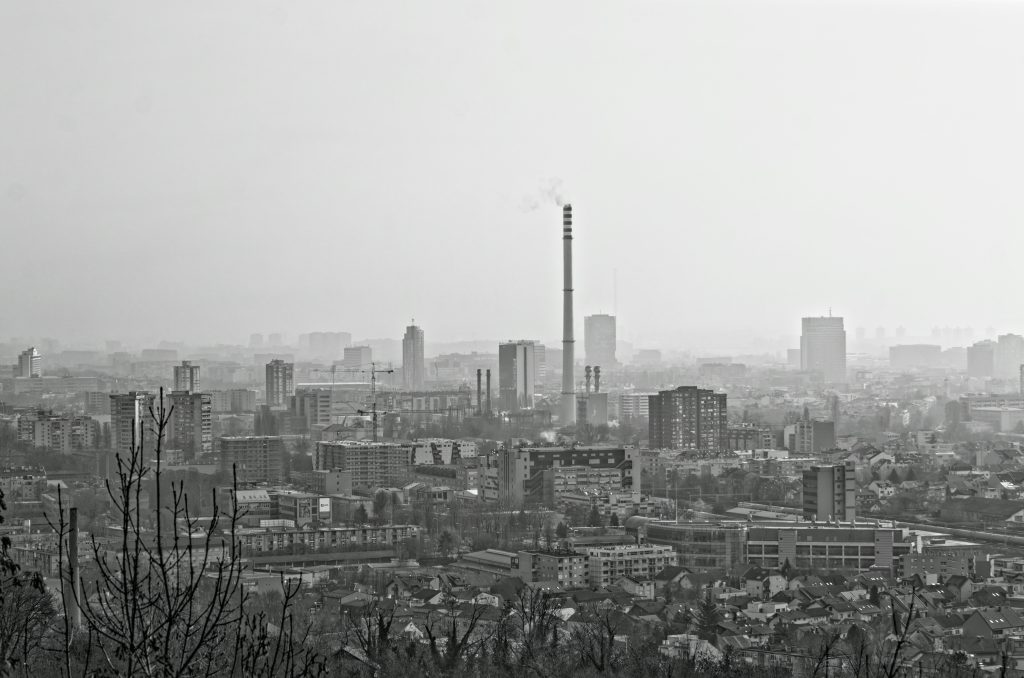
Due to the observed lack of interest of individuals in practice, the Croatian law changes for 2025 has seen the reduction of the the majority of co-owners required for decision-making. This means that in the future, consent will no longer be required for urgent repairs (for example, a burst pipe).
For urgent repairs (such as roof repair), consent of a third of co-owners will be required (previously it stood at 50 percent). For the regular management (the selection of a representative, manager, a decision to install a lift etc.) the consent of more than 50 percent will be required. For investment maintenance (large investments in the building) the consent of 80 percent of co-owners (previously 100 percent) will be needed.
The authority to supervise the implementation of this law is given to municipal guards. They will order measures to eliminate observed irregularities. For managers, misdemeanour fines now range from 700 to 5,500 euros, and for co-owners, they range from 400 to 10,000 euros.
Violations relate to obstruction of renovation and emergency works, the installation of air conditioning units on street facades and the closing of balconies. They also relate to short-term rentals and rentals for employees without the consent of a qualified majority of co-owners. For contractors of illegal works (closing balconies, the installation of air conditioning on street facades, etc.), misdemeanour fines range from 5,500 euros to 10,000 euros.
The Croatian law changes for 2025 have also introduced the possibility of installing lifts and the renovation of facades in protected areas with a state incentive of 33 percent. In these cases, there’s also the possibility of local government units opting to participate in subsidies, for which the government will adopt special programmes and provide funds.
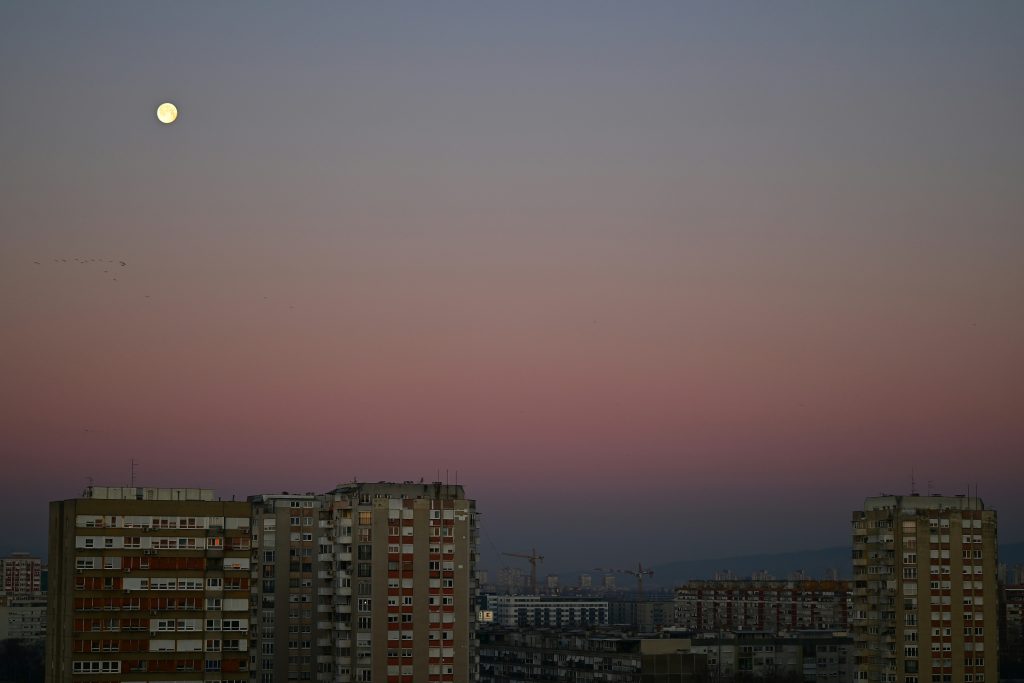
In order to install a new lift in a building, more than 50 percent of the co-owners must make a decision to install it. They then need to prepare an installation project, and provide at least 67 percent of the project value, while the state will co-finance 33 percent.
The unpopular property tax will replace the existing tax on holiday homes, and the government has prescribed a tax rate range of 0.6 to 8 euros per square metre. It should be mentioned however that the exact tax rate amount will be determined by local government units. This tax will be paid by legal entities and individuals for unused properties.
property tax
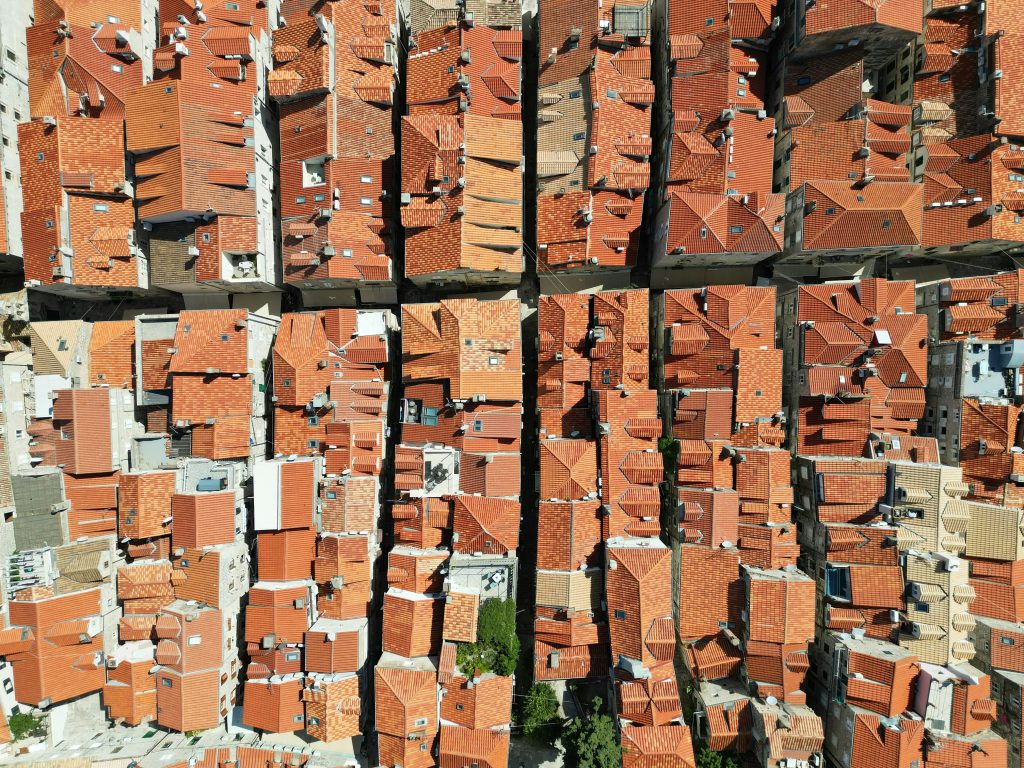
This dreaded tax has been being discussed for several years now. It has raised its ugly head multiple times in the past before being buried for several months once again. There’s no escaping it now, it seems, however much the nation’s landlords lament about it.
Property tax will not be paid by property owners who also use said property for their own permanent residence. Property tax will also not need to be paid for properties in which someone from their family lives, nor for those that are being leased long-term (for at least 10 months a year). Dilapidated, uninhabitable properties and real estate used for agriculture, as well as other non-residential activities, will also be exempt from the tax. The exemption from the obligation to pay property tax will also be possible according to social criteria.
Then we come to the equally unpopular new terminology. “Hosts” will also be exempt from paying the property tax. Under the new Croatian law changes for 2025, “hosts” are individuals who own a small tourist rental property as an additional economic activity in a facility in which they have their own registered residential address.
The basis for collecting the new tax will be the records according to which the utility fees are calculated and paid, which will continue to be collected. All local government units will need to make decisions on the taxation of property in their area, by zones and the corresponding tax rates, by the end of February 2025.
flat tax increases
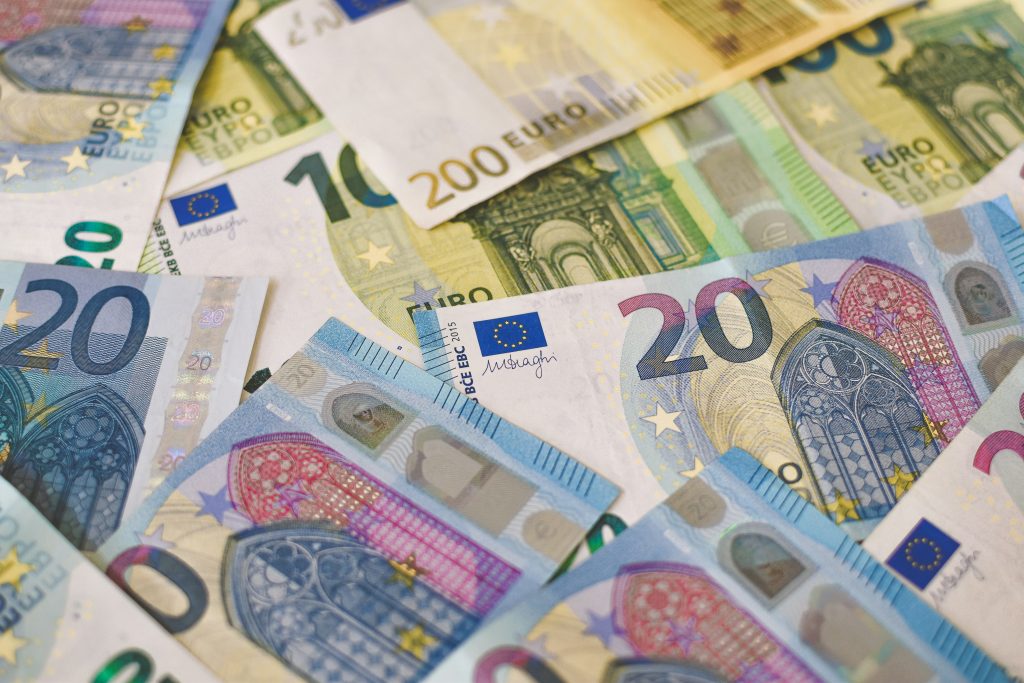
Other Croatian law changes for 2025 involve tax rate alterations. The flat tax rate on tourist rental units will increase, from 19.91 euros per bed to 199.08 euros. Its amount will depend on the tourist development of the municipality or city, and will range from 20 to 300 euros per bed.
As such, those who have tourist rental units in the most developed municipalities will pay a flat tax per bed per year in the range of 100 to 300 euros. Those in the second development group from 70 to 200 euros, in the third from 30 to 150, and in the least developed tourist areas from 20 to 100 euros per bed.
income tax alterations

More Croatian law changes for 2025 involve personal deductions when calculating wages. That sum will increase from 560 to 600 euros. In addition, the amounts for dependent people and persons with disabilities will increase proportionally. That means for a first born child, the monthly deduction will be 300 euros, for the second child, 420 euros, for the third child 600 euros, for the fourth child 840 euros, etc.
For dependent family members and former spouses to whom alimony is paid, the deduction this year is 300 euros. The personal deduction for disability is from 180 to 600 euros, depending on the degree of disability.
At the same time, the maximum amount of the lower and higher income tax rates is being reduced, with the local government units themselves making the decision on the rate. Municipalities will now be able to set the lower rate at a maximum of 20 percent, smaller cities at 21 percent, larger cities and county centres at 22 percent. The City of Zagreb will set it at 23 percent. For higher tax rates, the upper limit for municipalities will be 30 percent, for cities 31 percent, large cities and county centres 32 percent. For the City of Zagreb, it will stand at 33 percent. The lower limits for the lower rate remain at 15 percent, and for the higher rate at 25 percent.
In addition to all of the above, starting this year, the threshold for applying the higher income tax rate of 30 percent has been increased from an annual income of 50,400 to 60,000 euros. For small businesses, however, it is important that the threshold for entering the VAT system has been increased from 40,000 to 60,000 euros, which is 50 percent more than before.
As part of more Croatian law changes for 2025, the amounts of non-taxable income will increase by approximately seven percent. As such, performance-related awards will be tax-free up to 1,200 euros, retirement benefits up to 1,500 euros, scholarships for students up to 600 euros, and separation benefits up to 300 euros.
measures aimed at the country’s youth

Emigrated Croatian citizens who plan to return to the country will be exempt from paying income tax for five years, provided that they’ve resided abroad continuously for at least two years.
Young people will continue to be entitled to a full reduction in annual income tax up to the age of 25, and a partial reduction from the age of 26 to 30, i.e. 50 percent. However, the five-year exemption from paying health insurance for young workers for employers is now being abolished, with employers who already use it being able to use this relief until the five-year period expires.
Taxes also concern support for people up to 45 years of age when purchasing their first residential property. This was all envisaged in the proposal for the National Housing Policy Plan until 2030, which was sent for public consultation this past week. Thus, as of January the 1st this year, a refund of the paid property tax, which currently amounts to three percent of the market value of the property, will be ensured. When it comes to purchasing a new build, young people will be entitled to a refund of 50 percent of the paid value added tax (VAT) for their first property.
unemployment benefits and minimum wage increases
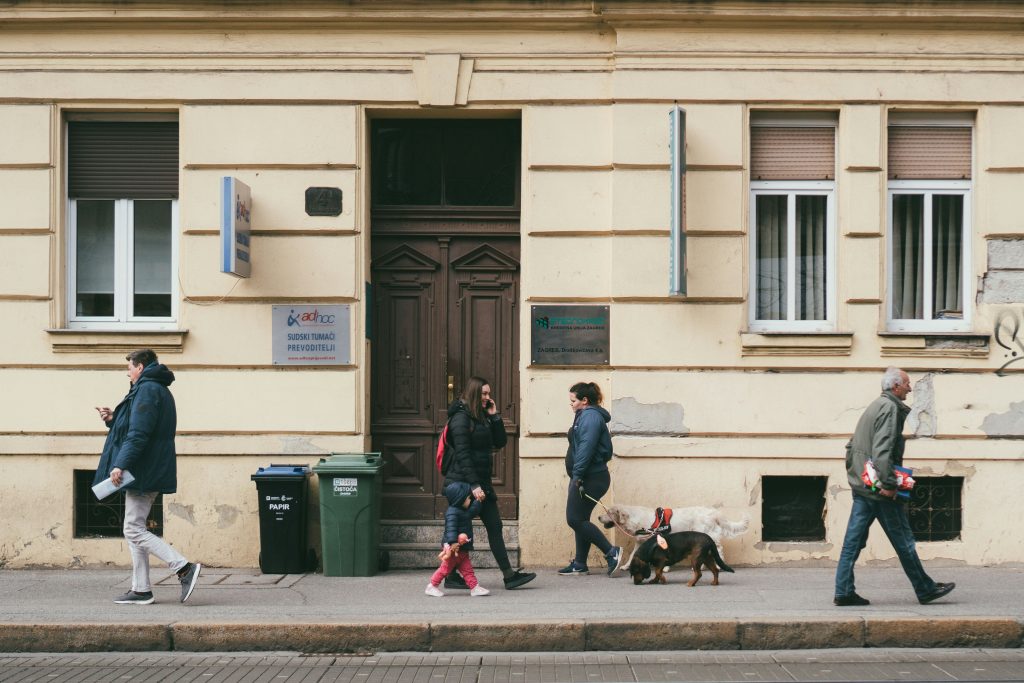
According to the amendments to the Labour Market Act, unemployment benefits for the period from 91 to 180 days will be increased from 30 to 35 percent (at the base).
Unemployed people involved in education will be able to utilise unemployment benefits if they’re more favourable than the education participation benefit offered by the Croatian Employment Service (CES). With the amendments to the Minimum Wage Act, the minimum gross wage will increase by 15.5 percent, to 970 euros, as of January the 1st, 2025.
Bottle payment increases, payment for fruit and vegetable bags introduced
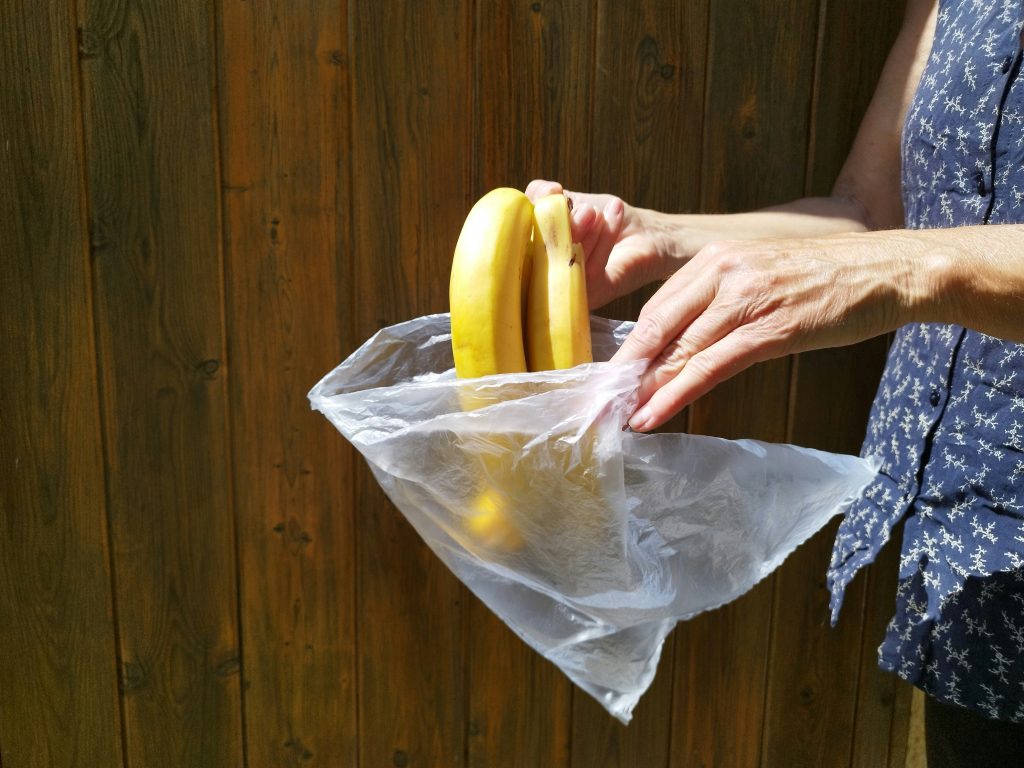
As part of the Croatian law changes for 2025, the amount of the return fee for plastic beverage bottles will increase from seven to 10 cents. Payment for all very light plastic carrier bags often used for fruit and vegetables will also be introduced. A set price for these bags hasn’t been prescribed, it will instead be determined by the seller, the Ministry of Environmental Protection and Green Transition emphasised.
Some retail chains have already announced how much these bags will cost. Some have said a tiny payment of a mere one cent will be sought.
To be specific, these Croatian law changes for 2025 relate to those very lightweight plastic carrier bags. They’re usually used to carry fruit and vegetables and have a wall thickness of less than 15 micrometres. They’re used exclusively for hygienic reasons.
Regarding the disposal of waste in landfills, a waste disposal fee was introduced on January the 1st, which will be paid by landfill managers to the account of the Fund for Environmental Protection and Energy Efficiency.
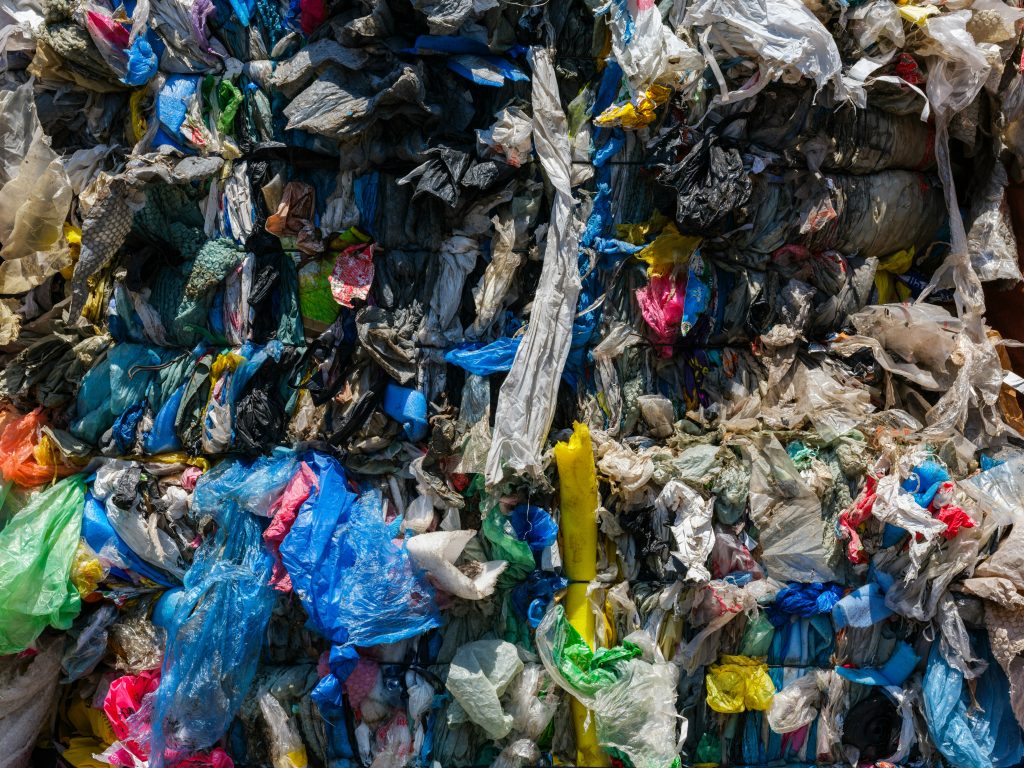
This fee will amount to 30 euros per tonne of disposed waste throughout 2025 and will increase by five euros each year. That means it will likely stand at around 50 euros per tonne for 2029 and onwards. The Fund will use the funds collected to finance the construction and improvement of waste management and recycling infrastructure, as well as for educational and information activities.
New things have also been introduced regarding companies that have waste management permits. Specifically, stricter conditions are now prescribed for the application of technical measures related to preventing the spread of unpleasant odours outside the waste management location. There will also be far stricter conditions for preventing fires.
the improvement of foreign worker rights

Since January, the labour market in Croatia has been regulated based on amendments to the Law on Foreigners, which relates to the labour rights of foreign workers.
Croatia has seen a massive influx of foreign workers from distant third countries over the last couple of years working for platforms such as Wolt. The construction industry has also seen high employment of foreign workers, therefore it was high time that proper measures to ensure their protection were introduced.
Looking first at the Croatian law changes in 2025 for skilled workers, we turn to the validity of the EU Blue Card. The EU Blue Card aims to attract highly qualified labour, and its validity in Croatia has been extended from two to four years. It will also be made available to persons who don’t have a formal educational qualification, but have professional skills exclusively in the IT sector.

The news for workers from third countries is that they’ll now be issued residence and work permits for up to three years. For seasonal work, their permits will stretch for up to nine months. It will be a biometric document, and from now on they will also have to prove their competence for those jobs that fall under the so-called “shortage professions” title. Among the novelties is that upon the expiration of their employment contract, they will be allowed a period of 60 days of unemployment to find a new job, which means that they can register with the CES and even receive unemployment benefits.
Promissory notes are also being introduced – a financial guarantee from employers to the state for each worker who is a third-country national. Foreign workers will not be allowed to have a lower salary than that received by Croatian citizens employed in comparable jobs. The area of their adequate accommodation is also being regulated. The state will ensure that foreign employees learn the Croatian language to a sufficient level, which will be a condition for granting long-term residence that lasts for five years.
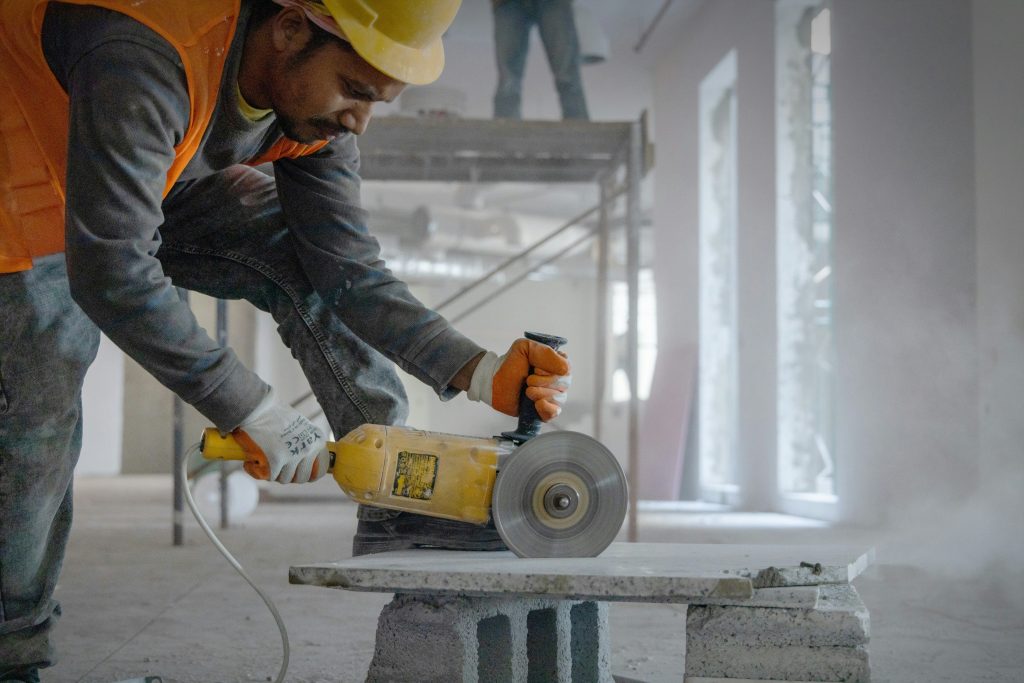
The aim of the alterations to this act is also to encourage the return of Croatian emigrants. Their residence will be granted for two years, and after three years they’ll have the right to permanent residence and the right to employment without the need for a work or residence permit.
social welfare
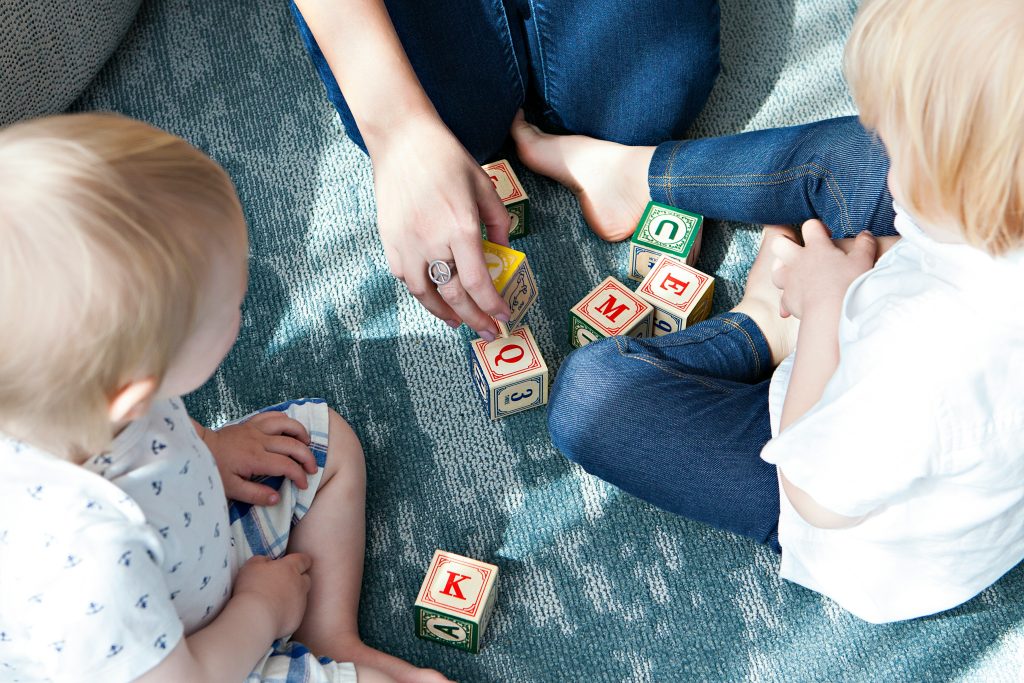
The Temporary Support Act, which establishes an alimony fund, also came into force on January the 1st as part of this swathe of Croatian law changes for 2025.
This new law improves support for child support. It ensures better and more efficient protection of the child’s right to support, and improves the socioeconomic status of children whose parents don’t contribute to their support, despite being obliged to do so by court decision.
The amount of money is increased to 100 percent of the legal minimum monthly maintenance amount required for support, i.e. around 200 euros per child per month. That is instead of the previous sum of around 100 euros. The circle of beneficiaries is also now being expanded to all children who are entitled to support under the Family Act.
Government decisions on the allocation of assistance funds also entered into force. That increases the basis for calculating the amount of the guaranteed minimum benefit, other benefits in the social welfare system, and the amount of foster care and maintenance in 2025. The basis for calculating the guaranteed minimum benefit will now be 160 euros, and 90 euros for foster parents.

For two adults of working age with two children, the guaranteed minimum benefit has been increased from 420 to 528 euros. For a single parent of working age and one child, from 315 to 416 euros, while for a single parent of working age with two children, the benefit has been increased from 400 to 600 euros.
For traditional foster parents with one child, the benefit has gone from 632 euros to 697 euros. For those with two children, it has increased from 1264 to 1395 euros. For standard foster parents it has gone from 1888 to 2083 euros, and for specialised foster parents from 1376 to 1534 euros.
The base for all other benefits within the social welfare system has also changed. These benefits include personal needs benefits for persons placed in social welfare institutions, foster families or other organised forms of accommodation. They also encompass one-time benefits, benefits for full-time studies, and the status of a foster parent or caregiver. Those have all seen increases of 8.64 euros, to 75 euros.

